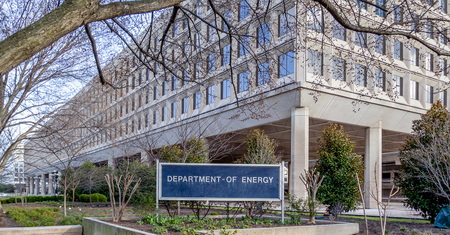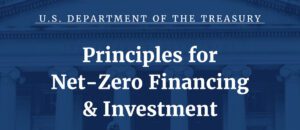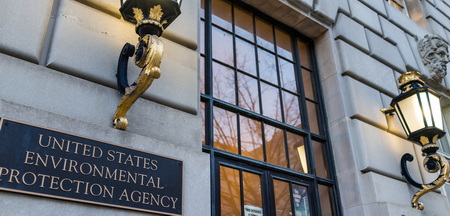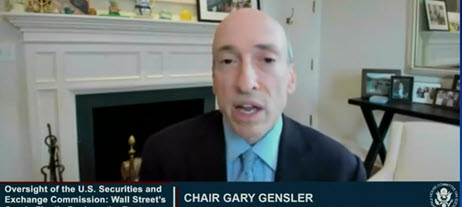
The 2024 election results signal a return to energy policies supported by President-elect Trump and a shift from Biden era climate programs. For the commercial real estate (CRE) industry, these changes present opportunities to emphasize the “business case” for high performance, energy efficient buildings.
Anticipated Energy Policy Shifts

- De-Regulation: Former Congressman Lee Zeldin (R-NY), the pick to lead the EPA, remarked on “the opportunity to roll back regulations” on power plant emissions, abolish fees on oil and gas development, and lift rules that drive automakers to manufacture electric vehicles. (The Washington Post, Nov. 19)
- Climate Disclosures: The SEC will likely withdraw its controversial rule for public companies to report climate-related financial risks in 10-K forms. (Bloomberg, Nov. 7) Companies may still need to report and disclose emissions under state laws like those in California (if they survive litigation).
- Clean Energy Tax Incentives: The incoming administration has vowed to dismantle the Inflation Reduction Act (IRA) that provides credits and deductions for solar projects, battery storage, EV charging stations, and energy efficient buildings. However, many clean energy projects benefit Red States and House Speaker Mike Johnson (R-LA) said he intends to use “a scalpel not a sledgehammer” in reviewing the IRA in light of Republican support. (POLITICO, Sept 18).
- City, State Grants: Federal funding will likely be eliminated to support city and state efforts to enact building performance standards (BPS). (Roundtable Weekly, Sept 6) Localities may continue to adopt these laws imposing energy use and emissions limits on buildings even without federal support, and The Roundtable will continue to urge policymakers to follow our 20-Point Guide for fair and reasonable BPS laws.
- Grid Reliability: Given the increased demands on the electric grid from AI, bipartisan bills to streamline the federal permitting process to approve interstate transmission lines – carrying electricity produced in rural areas and delivering it to cities long distances away – could finally become a priority. (Roundtable Weekly, Oct. 25)
The “Business Case” for Energy Efficiency

- By emphasizing the economic benefits of energy efficient buildings, the industry can remain resilient and forward-looking amid “policy volatility” arising from the power changes in Washington.
- Energy efficient buildings improve our economy. They create jobs for American workers, enhance U.S. energy independence, help make the power grid more reliable, and attract overseas investments to our shores.
- Non-regulatory, voluntary federal guidelines – developed and enhanced with The Roundtable’s support – help real estate companies make the case for energy efficiency.
- These include public-private partnerships with EPA such as the ENERGY STAR program, the industry standard Portfolio Manager tool for buildings to measure energy use, and the landmark NextGen certification program.
They also include our collaboration with the Department of Energy and other agencies through the Better Climate Challenge, the national Zero Emissions Building definition, the Buy Clean initiative, and programs that highlight the environmental benefits of commercial-to-residential property conversions.














